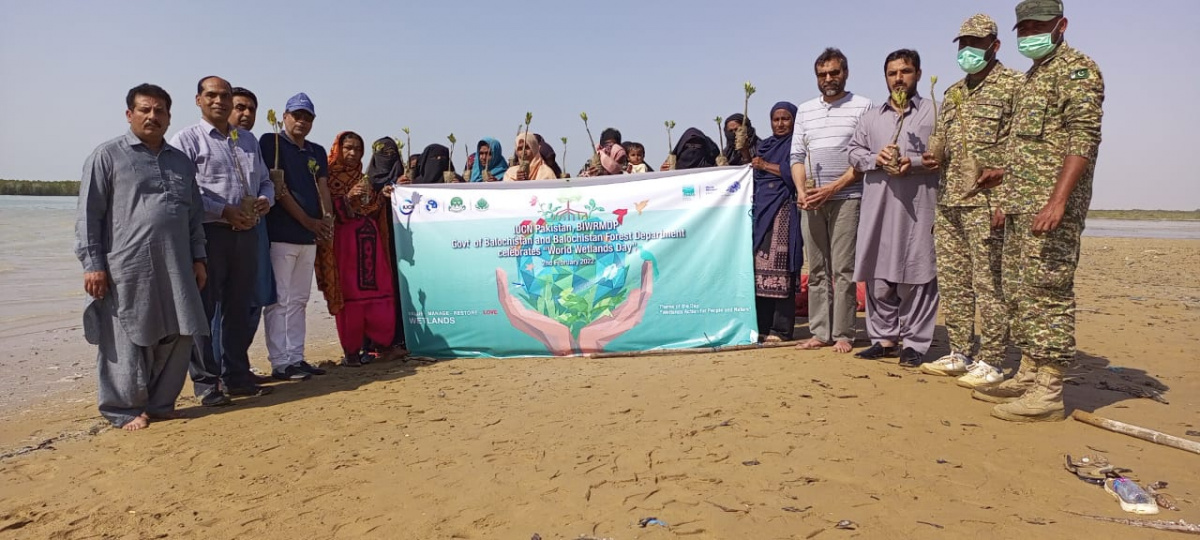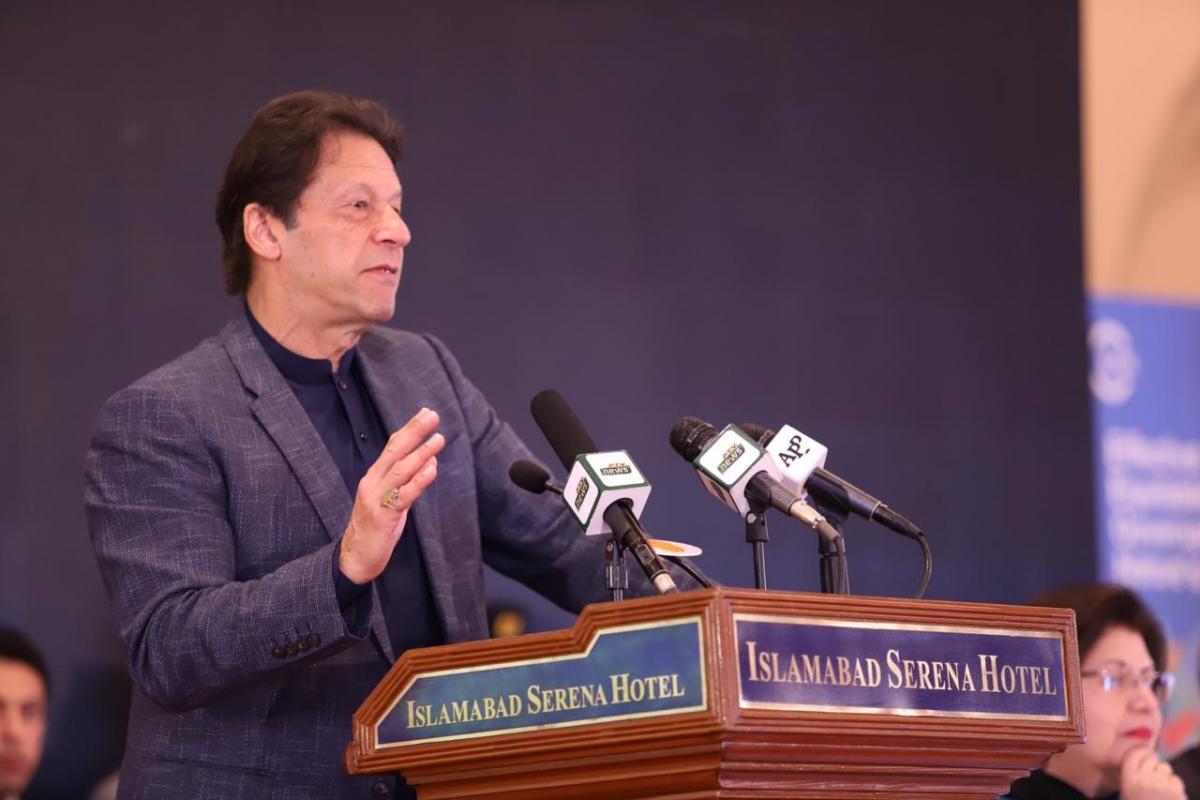World Water Day Celebrated by IUCN Pakistan
Quetta: IUCN, International Union for Conservation of Nature Pakistan in collaboration with Environmental Protection Agency, Government of Balochistan organised a seminar titled: Water for Cities: Responding to the Urban Challenge on occasion of the World Water Day 2011. Sardar Mohammad Tariq, Regional Chair (South Asia), Global Water Partnership was the chief guest. The objective of seminar was to sensitise the general masses and interact with the stakeholders about water issues in the urban areas of Balochistan, especially Quetta city. The seminar also discussed the issue in lieu of the impact caused by climate change.
Sardar Mohammad Tariq said that we are overexploiting the water resource and leaving nothing behind for our coming generations. According to him mismanagement is the biggest reason for wastage of 1,300 billion cubic meters of water over the last 62 years due to lack of awareness water usage it would impossible to find a proper solution to this problem. Only 30 billion cubic meters of water is sufficient for us, but we have only 30 days storage capacity. Other countries like Egypt has storage capacity for 1,000 days and Australia for upto 500 days. The basin water is also going down, if it is not reversed sooner it would be disastrous.
Dr. Pervaiz Amir, member of the Prime Minister’s Task Force on Climate Change made a detailed presentation on the importance of water in our daily life and also shared a global overview of the Climate Change. He said that it is first time in the history that Lahore has experienced a snow fall. He mentioned that it is predicted that by 2050 the normal temperature will increase upto 4 to 5 degrees.
Mr. Zabardast Khan Bangash, Manager, IUCN Balochistan Programme informed that Government had approved only 120 tube wells for Quetta city, but unfortunately more than 1,400 tube wells have been installed by the people without any prior approval by government authorities. He pointed out that if this practice of mismanagement continues there would be threats of non-availability of water in the near future. He further stressed that the groundwater levels are sinking at an alarming rate. He cautioned the youth that from now onwards they have additional responsibilities related the issues of water, which they need to highlight at every forum for its proper solution. He also emphasized on promoting recycling and re-use of waste-water.
Mr. Zabardast Bangash said that since mid-1990s, IUCN, the International Union for Conservation of Nature, with financial assistance of the Embassy of the Kingdom of the Netherlands (EKN) is striving to build capacity of government and civil society in Balochistan to address the complex and wide range of environmental issues being faced by the province.
He further said that rapid urbanization and fast population growth has accelerated depletion of natural and other resources. IUCN, realizing the overall environment outlook of the province has launched a six-year programme titled: Balochistan Partnerships for Sustainable Development (BPSD) which is being implementing in six districts of Balochistan, with the overall goal of sustainable ecological and human well-being in Balochistan. One of the objectives of the programme is: facilitation of Integrated Water Resource Management.
Dr. Zahood Ahmed Bazai, Director Training, University of Balochistan also made a detailed presentation on footprint of Water and Virtual Water.
A documentary developed by IUCN focusing on the water and the role of women in conservation and livelihood was also screened during the seminar.
Mulana Fazal-ur-Rehman, Khateeb Madrassa Tajveed-ul-Quran, Sirki Road Quetta and Mr. Mehboob Ali Baloch, Environmental Governance Officer, BPSD IUCN also spoke on this occasion.
The seminar was attended by a large number of students, faculty members of Balochistan University, S.K. B Women University, government officials, representatives of the civil society, religious leaders and community members.
For more information or to set up interviews, please contact:
Madiha Aijaz, Coordinator, Communication, Education and Outreach
IUCN Pakistan. IUCN (International Union for Conservation of Nature)
1 Bath Island, Clifton
Karachi. Phone: +92 21 35861540-2, Fax: +92 21 2271 017
madiha.aijaz@iucn.org
About IUCN
The world’s oldest and largest global environment network, IUCN, International Union for Conservation of Nature, envisions a just world that values and conserves nature. IUCN helps the world find pragmatic solutions to our most pressing environment and developmental challenges. It supports scientific research, manages field projects all over the world and brings governments, non-government organizations, United Nations agencies, companies and local communities together to develop and implement policy, laws and best practice. The Union’s headquarters are located in Gland, Switzerland.
IUCN Pakistan is part of the IUCN’s Asia Regional Programme based in Bangkok, Thailand. Established in 1985 to assist in the preparation of Pakistan’s National Conservation Strategy, IUCN Pakistan has grown to become the largest country programme of IUCN. Together with its partners and members, it is implementing several conservation initiatives across the country through institutional strengthening, policy advocacy and field work. Currently there are 27 active members of IUCN in Pakistan, including the Government of Pakistan as the state member, six government agencies and 20 NGOs. Over 100 volunteers from Pakistan work in IUCN’s six specialised commissions.






